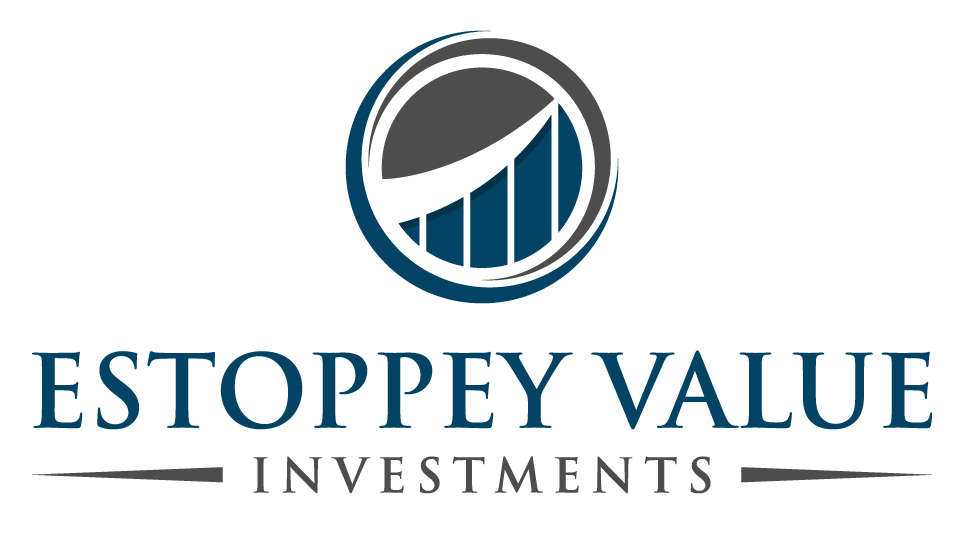Agency Fee
Would you like to invest your money? Get in touch with an expert:
What is an Agency Fee?
An agency fee is a compensation paid to an intermediary. An intermediary discovers a business opportunity and brings it to the attention of another party. Therefore, an intermediary acts as the link between supply and demand. Without the intermediary, the other party would probably not have come across the business opportunity, so the intermediary deserves remuneration.
The conditions for an agency fee can vary depending on the business. The agency fee is paid either by the buyer or the seller. The payment is usually a percentage of the completed sale.
The agency fee can also be used as an incentive. By offering payment or benefits to the intermediary, their motivation to refer customers to the company increases. Generally, there is no need for formal contracts for such agreements, although a contract can be advantageous for long-term relationships. In some cases, the agency fee may be settled in the form of a gift, as there is no legal obligation to pay it. This distinguishes the agency fee from a service
fee.
Examples of an Agency Fee
Agency fees exist in various forms. Here are some examples:
- An agency fee may be included in business transactions where one company sources specific products from another company.
- Credit brokers specializing in facilitating loans for financial institutions are compensated through agency fees.
- Agency fees are also charged in successful auctions.
- Airlines pay certain agency fees to online portals that sell their flights, even if the flight does not take place.
- Real estate brokers may demand a broker's commission or brokerage fee for facilitating property transactions.
Issues with Agency Fees
Agency fees or commissions can become problematic when an intermediary acts as an advisor. In the insurance business, as well as in the placement of investment funds, intermediaries often present themselves as "independent advisors". However, this designation is often misleading because if a significant portion of an intermediary's income comes from agency fees or commissions, they are neither independent nor truly acting as advisors. Instead, they become more like salespeople dependent on the income generated through agency fees. This creates a conflict of interest between the customer's interests and the provider's interests, whom the intermediary establishes contact with. Therefore, caution is advised when an intermediary offers "free advice" to customers and solely relies on income generated through agency fees or commissions from a specific company. This situation is frequently observed in Switzerland concerning mixed life insurance policies (combining death and disability coverage with fund savings) in the pillar 3a (voluntary retirement savings), where significant commissions are often paid out due to long policy durations. However, certain investment funds also still involve such agency fees, which are usually financed through front-end loads paid by the fund buyer.
Especially when it comes to investment solutions, it is beneficial to seek independent investment advice, where the advisor refrains from receiving any compensation, such as agency fees, commissions, kick-backs, or finder's fees, in order to maintain their independence. Ideally, independent advisors transparently disclose their fees from the beginning. This way, clients know what to expect in terms of costs and can weigh them against the benefits.
Would you like to invest your money?
Speak to an expert.
Your first appointment is free of charge.



